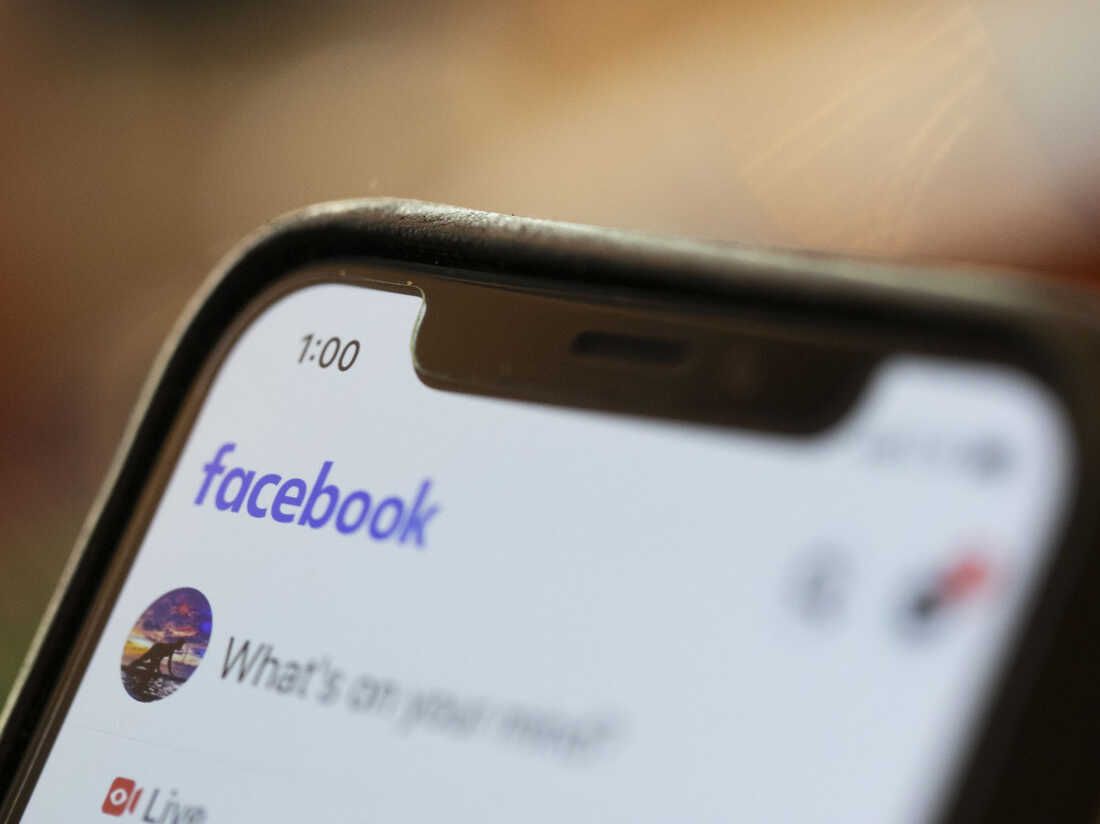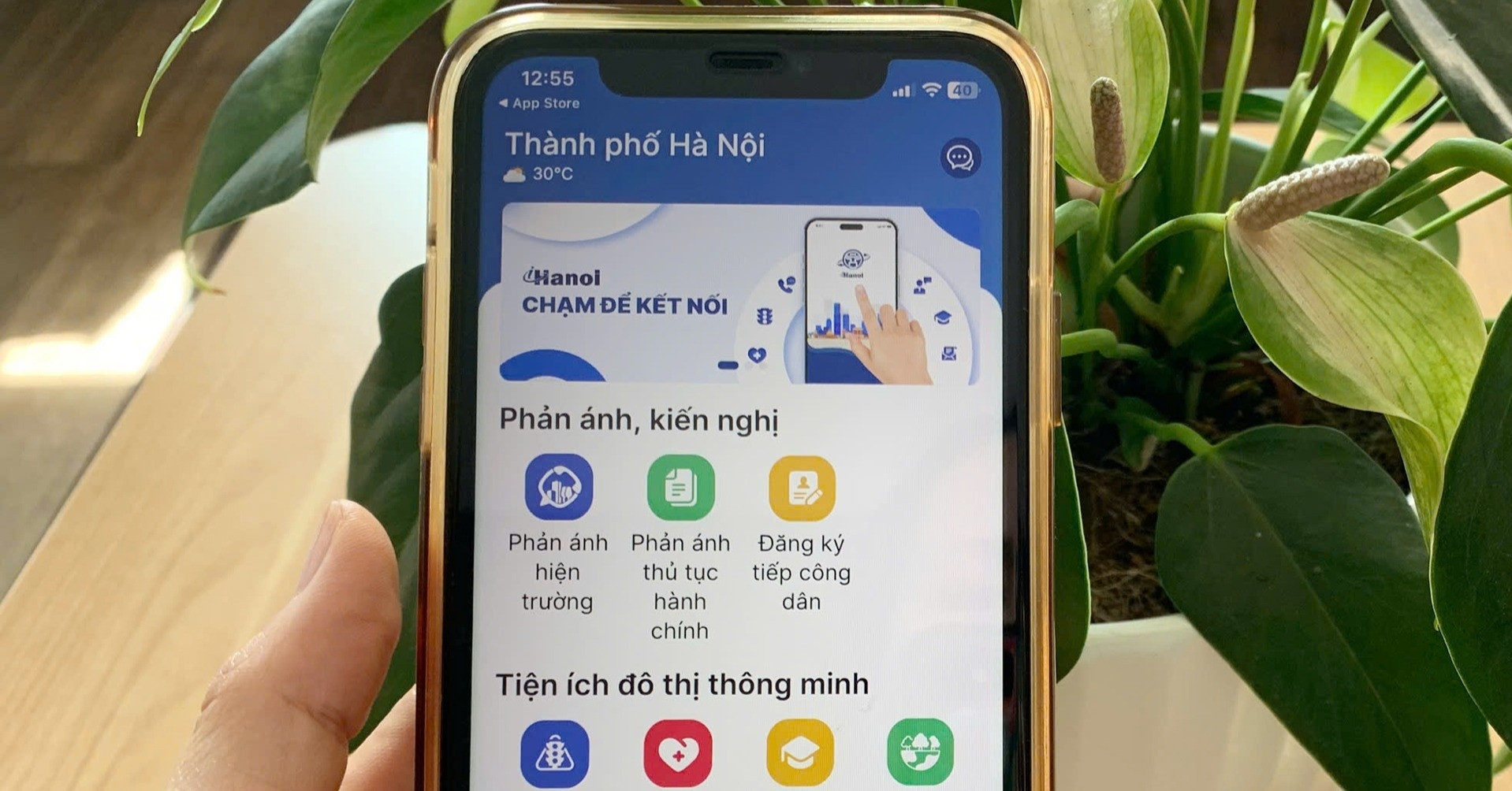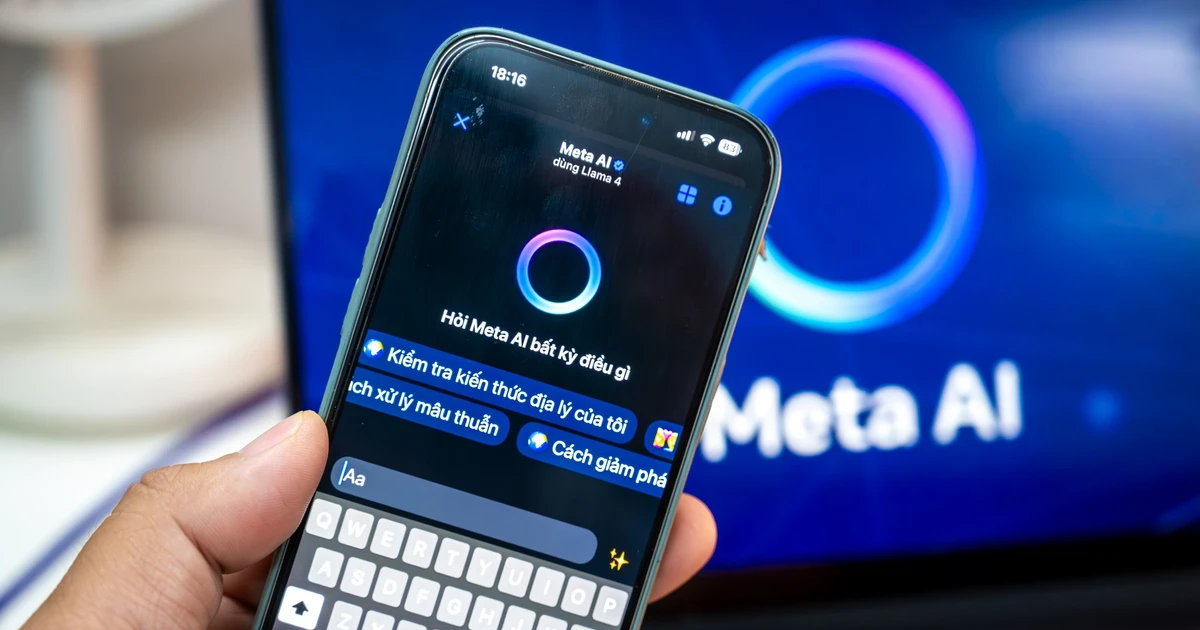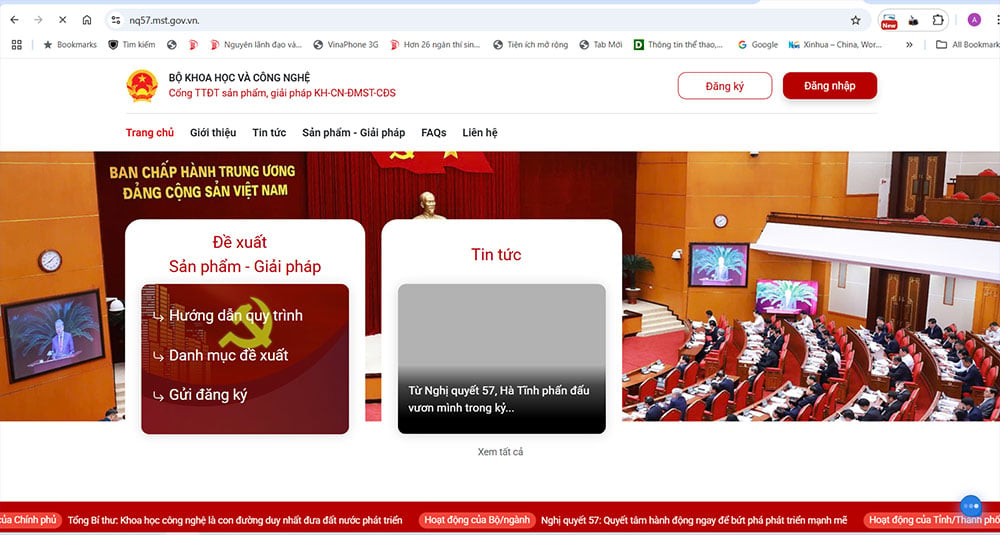"Facebook eavesdropping on its users" has become a popular concept and many people believe it, especially when they realize that the ads displayed are related and almost exactly the issues mentioned in each conversation with people around them. However, the truth is not like that and the suspicion of eavesdropping is actually a misunderstanding.
To display targeted ads, Meta, Facebook, Instagram... do not need to apply expensive, risky, and inaccurate eavesdropping methods. Instead, they have more modern tools to know exactly what users want and care about at different stages.

Eavesdropping on users via mobile devices is an expensive and legally risky practice that Facebook certainly doesn't want to get involved in.
According to Jesse Pujji, founder of technology investment firm Gateway X, the tool used by Meta is called Facebook Pixel, a piece of code that exists on almost every website and mobile application in the world today. The code measures advertising and web traffic, helping businesses grasp the necessary data to serve targeted advertising. Meta (Facebook's parent company) does not own the tool or the data, but they negotiate with businesses to share it for mutual benefit. Meta has what they want, and businesses have the right to see customers' search queries, transaction history... and many other features on this social networking platform.
Meanwhile, News Feed (Facebook's home page that displays updated news) has an algorithm with hundreds of data points on age, friend connections, click history, geographic location of posts... to calculate which advertising display method is most effective on the news feed. With Instagram, Facebook, WhatsApp, Messenger... in hand, collaborating to share data from websites, mobile applications, Meta has more than enough data to display ads for users to see regardless of which platform they are on.
Pujji further revealed that Facebook's algorithm can find out which products users are interested in through smartphones that appear nearby, scan data showing the most recent websites that one of the two people has viewed, and predict the most potential topics that both of them can discuss to suggest ads. This algorithm is so smart that it "catches" so many cases that users feel like they are being eavesdropped on by the social network.
Jamie Court, a privacy expert and president of the non-governmental organization Consumer Watchdog, also asserted that Facebook tracks users using various tools, not eavesdropping. "They assemble scenarios and automated analysis, and market content to users as if they were listening in on conversations," he asserted.
Comparitech's Paul Bischoff also said: "There are many ways for Facebook to run targeted ads to users based on the data they collect through algorithms. Facebook can track your activities through websites, other applications that integrate plugins (added software) as well as through Facebook login information and utilities."

Smartphones simply don't have the power to handle long-term continuous tracking without experiencing unusual battery, heat, or wireless data consumption issues.
In a recent test, a Daily Mail tech reporter used a factory-restored phone and logged into a newly created Facebook account. After two days of talking, deliberately mentioning keywords with different topics, the social network did not suggest any ads. The reason was because the phone was not used for anything other than logging into Facebook.
In 2019, security company Wandera put two different smartphones in a closed room and played a conversation about pet food for 30 minutes each day. After three days, they received no ads related to the topic and the devices showed no signs of sending data to an internet server.
Wandera concluded that Facebook does track user behavior, but eavesdropping is not feasible, especially when the social network has billions of users. Eavesdropping requires collecting and sending data to the cloud, requiring an internet connection, and inevitably causing overheating, rapid battery drain, and increased data bills - signs that are easily detected by users.
Facebook has about 2 billion daily users worldwide. Recording and uploading that many files to the cloud is an impossible task. In the US alone, where 200 million people log on to Facebook every day, the storage capacity for recorded conversations (if recorded) is up to 26 petabytes (PB), or more than 26 million GB.
There is also no basis for the suspicion that Facebook does not record or download data but only “listens and captures keywords” collected through the microphone. According to Antonio Garcia-Martinez, a former product manager at Facebook, the phone’s processor cannot handle this method and users will immediately notice it through unusual performance signs.
Facebook is also not breaking the law by deliberately activating the microphone on a device without the user’s consent. Security companies can detect this behavior in a matter of minutes and are ready to sue if they find any violations.
Source link


![[Photo] Phuc Tho mulberry season – Sweet fruit from green agriculture](https://vstatic.vietnam.vn/vietnam/resource/IMAGE/2025/4/10/1710a51d63c84a5a92de1b9b4caaf3e5)



![[Photo] Prime Minister Pham Minh Chinh chairs meeting to discuss tax solutions for Vietnam's import and export goods](https://vstatic.vietnam.vn/vietnam/resource/IMAGE/2025/4/10/19b9ed81ca2940b79fb8a0b9ccef539a)
![[Photo] Unique folk games at Chuong Village Festival](https://vstatic.vietnam.vn/vietnam/resource/IMAGE/2025/4/10/cff805a06fdd443b9474c017f98075a4)























































































Comment (0)